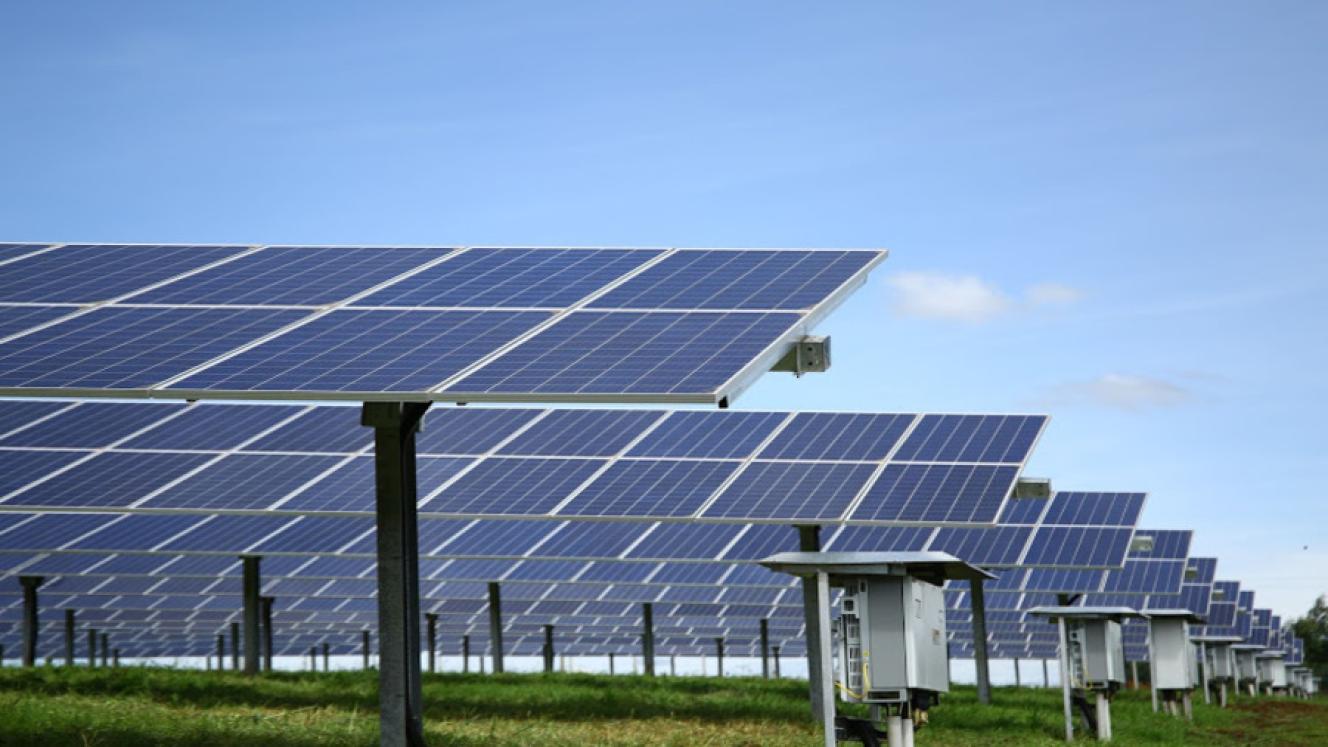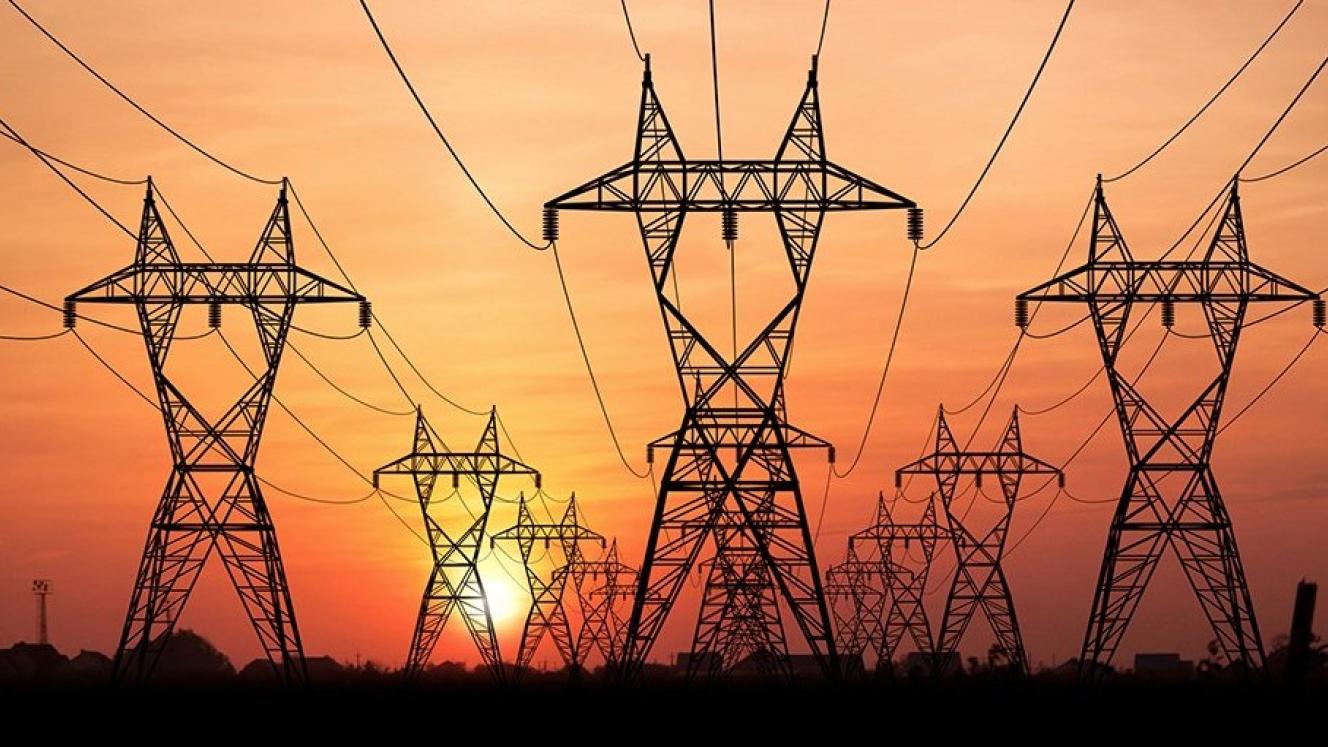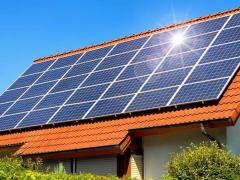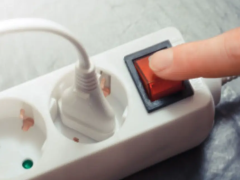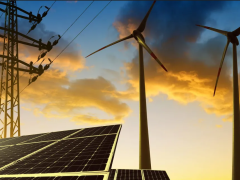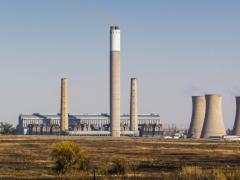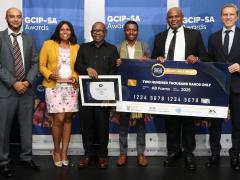CrossBoundary Energy, a provider of financed renewable energy solutions for businesses across Africa, has secured a R2,5 billion (US$140 million) senior debt facility from Standard Bank to expand its portfolio of solar, wind and battery storage projects across the continent. The facility forms the initial tranche of a larger financing mandate led by the bank, which aims to arrange up to R5,4 billion (US$300 million) in senior debt.
The International Energy Agency (IEA) estimates that achieving Africa’s energy transition goals will require annual investments of R2,9 trillion (US$160 billion) from 2026 to 2030 – much of which must come from private-sector financing, according to a company statement. “In Africa, access to reliable and affordable power is one of the largest impediments to business growth. While service providers can solve this, access to finance remains an immense barrier to companies accessing that power.”
CrossBoundary Energy’s projects range from large-scale hybrid power plants for mines to rooftop and ground-mounted solar photovoltaic (PV) systems for industrial clients. The company also provides distributed solar PV and battery energy solutions for telecommunications sites. “Scalable, affordable infrastructure financing solutions are a catalyst to unlock reliable and affordable power access for businesses on the continent. Our partnership with Standard Bank will allow us to expand and accelerate energy-as-a-service to African customers, ultimately improving the sustainability and competitiveness of businesses across Africa,” says Pieter Joubert, President and Chief Investment Officer at CrossBoundary Energy.
CrossBoundary Energy’s portfolio, valued at R10,3 billion (US$570 million), spans 18 African countries and includes 330 MW of solar and wind assets alongside 178 MWh of battery energy storage systems. The company’s clientele features industrial, mining and telecommunications players such as Rio Tinto, Unilever and Heineken. Headquartered in Mauritius, CrossBoundary Energy operates regional offices in Kenya, Nigeria, South Africa and Ghana.
